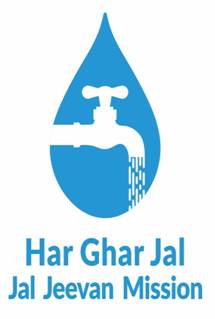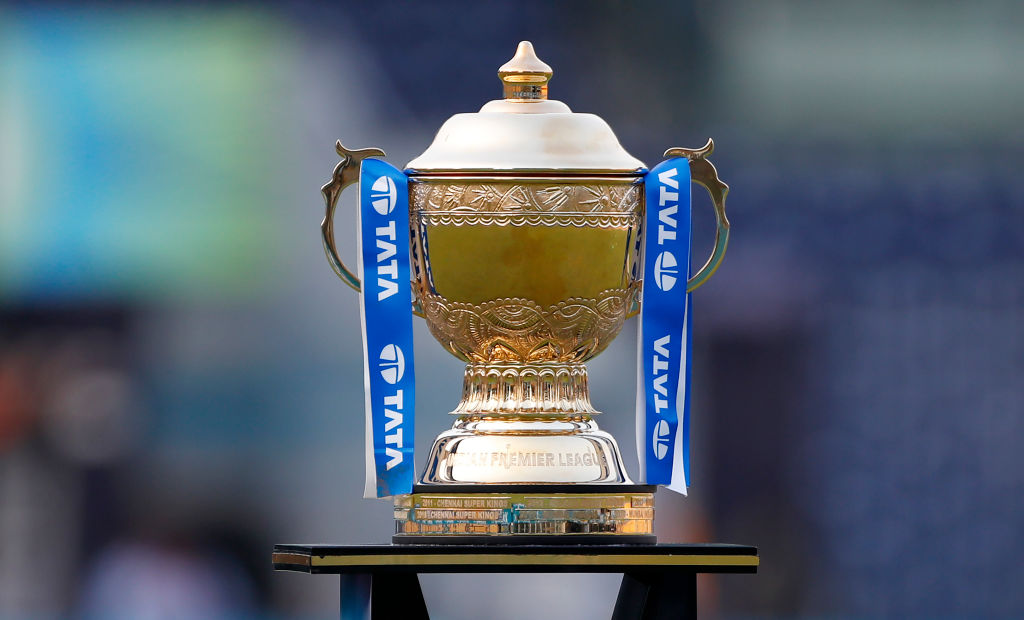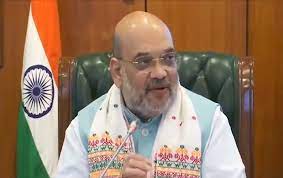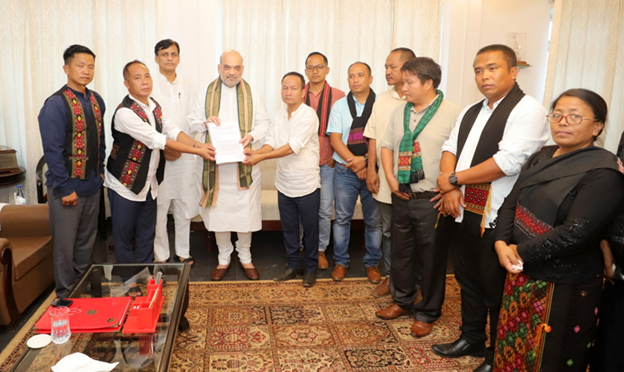IMPLEMENTATION OF JAL JEEVAN MISSION – ‘HAR GHAR JAL’

Government of India is implementing Jal Jeevan Mission (JJM) – Har Ghar Jal in partnership with States, to make provision of tap water supply to every rural household in the country. Water is a state subject and therefore the primary responsibility for planning and implementing piped water supply schemes to provide tap water to their households, lies with the respective State/UT.
At the time of announcement of Jal Jeevan Mission in August 2019, 3.23 Crore (17%) rural households were reported to have tap water connections. Since then, tap water connections have been provided to additional 9.41 Crore rural households. Thus, as on 24.07.2023, out of 19.46 Crore rural households in the country, provision of tap water supply has been made to 12.64 Crore (64.95%) households. The State/ UT-wise status is at Annex.
As per Operational Guidelines of JJM, after making provision of tap connections to all rural households in a village, Rural Water Supply Department of State declares the village as ‘Har Ghar Jal’ village on the basis of work completion report of the field engineer associated with the project the villages are marked as ‘reported Har Ghar Jal’ in JJM IMIS. Subsequently, Gram Sabha while reading out aloud the work completion report in its meeting, formally pass resolution certifying itself as ‘Har Ghar Jal’ village.
The copy of certificate provided by implementing department, resolution passed by Gram Sabha, and a small video capturing the Gram Sabha is reflected on JJM Dashboard for every village that is certified. As such there is no discrepancy in reported number of Har Ghar Jal villages. The information about reported and certified Har Ghar Jal villages is in public domain that can be accessed using weblink https://ejalshakti.gov.in/jjmreport/JJMIndia.aspx.
For online monitoring, JJM–Integrated Management Information System (IMIS) and JJM–Dashboard has been put in place. Provision has also been made for transparent online financial management through Public Financial Management System (PFMS). Besides, regular reviews at various levels along with field visits by National Program Monitoring Unit (NPMU) officers etc. have been taken for expeditious implementation of the scheme.
Water being a state subject, the powers to plan, approve, implement, operate & maintain water supply schemes are vested with States. However, Government of India has taken number of steps to plan and implement JJM in the whole country including North Eastern States, which inter alia includes joint discussion and finalization of annual action plan (AAP) of States/ UTs, regular review of planning and implementation, workshops/ conferences/ webinars for capacity building and knowledge sharing, field visits by multi-disciplinary team to provide technical support, etc.
In NE States, since launch of JJM in August 2019, additional 51.96 Lakhs tap water connections have been provided to rural households. Thus, as on 24.07.2023, out of 95.36 Lakhs rural households in NE States, provision of tap water supply has been made to 54.77 Lakhs (57.43%) households.
Under JJM, while allocating the funds to States/ UTs, 10% weightage is given to the population residing in habitations affected by chemical contaminants. Fund released to States/ UTs under JJM can also be utilized for taking up schemes in quality-affected habitations on priority.
States/ UTs have been advised to plan and implement piped water supply schemes of bulk water transfer based on safe water sources such as surface water sources or alternative safe ground water sources for the villages with water quality issues.
This information was given by the Minister of State for Jal Shakti, Shri Prahlad Singh Patel in a written reply in Lok Sabha today.









